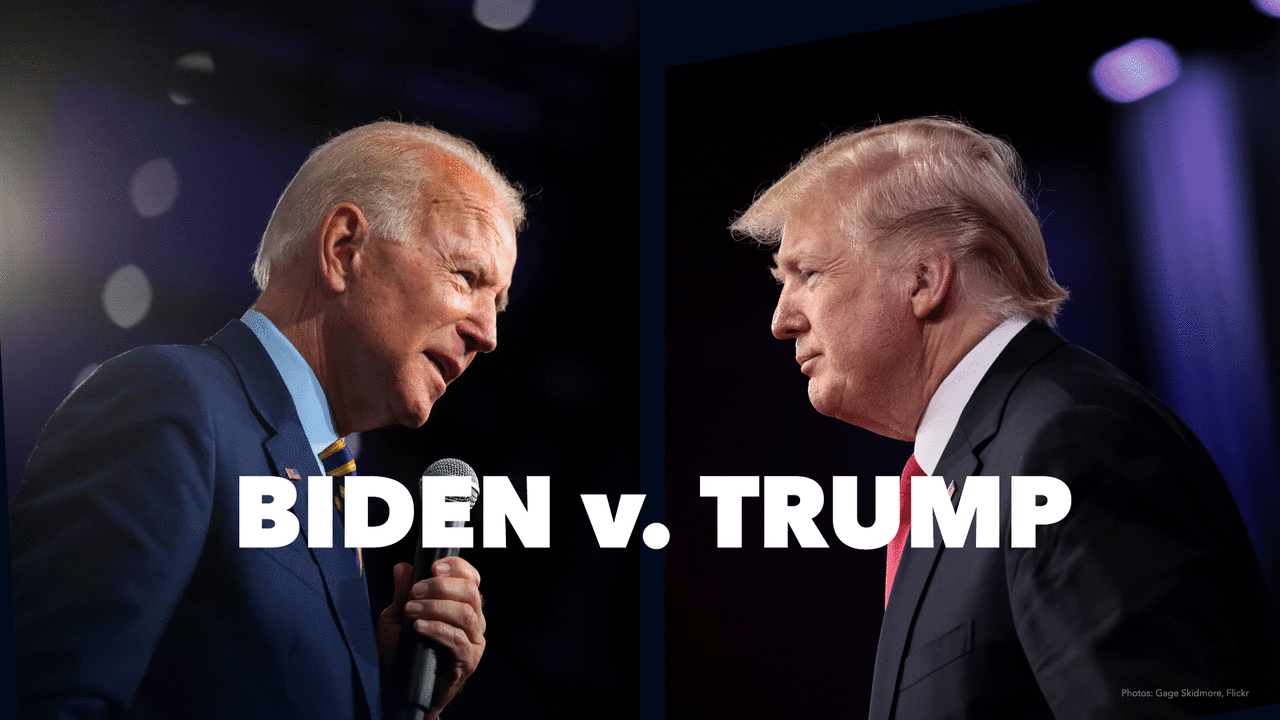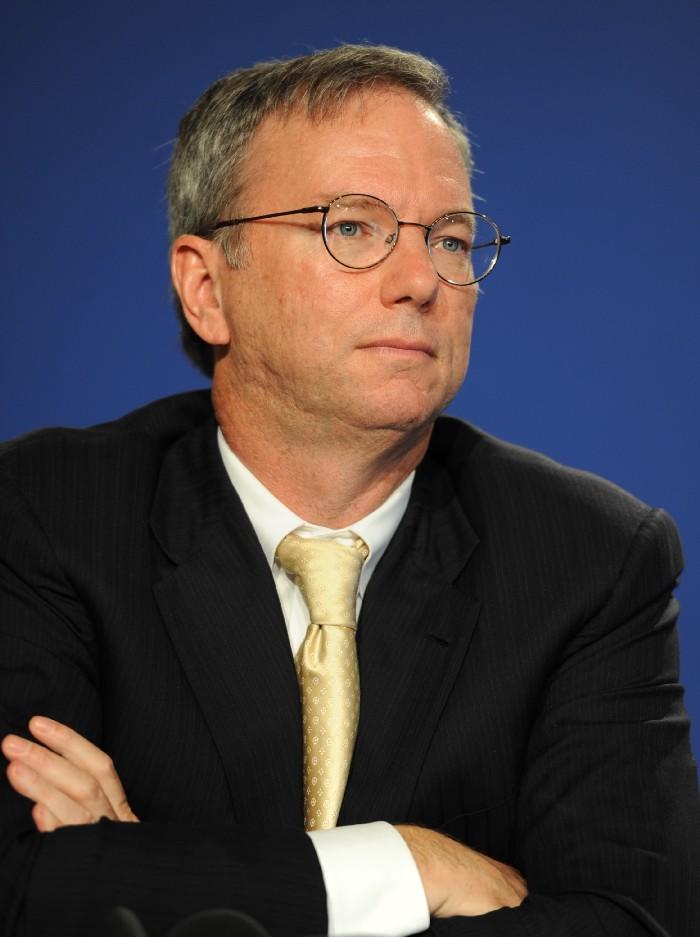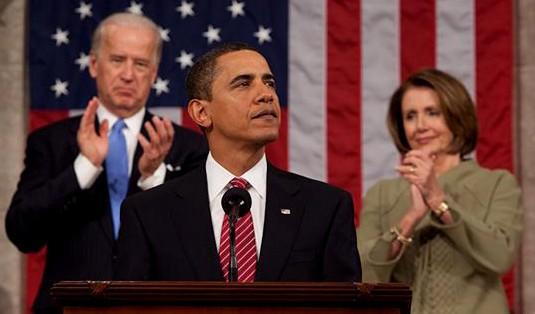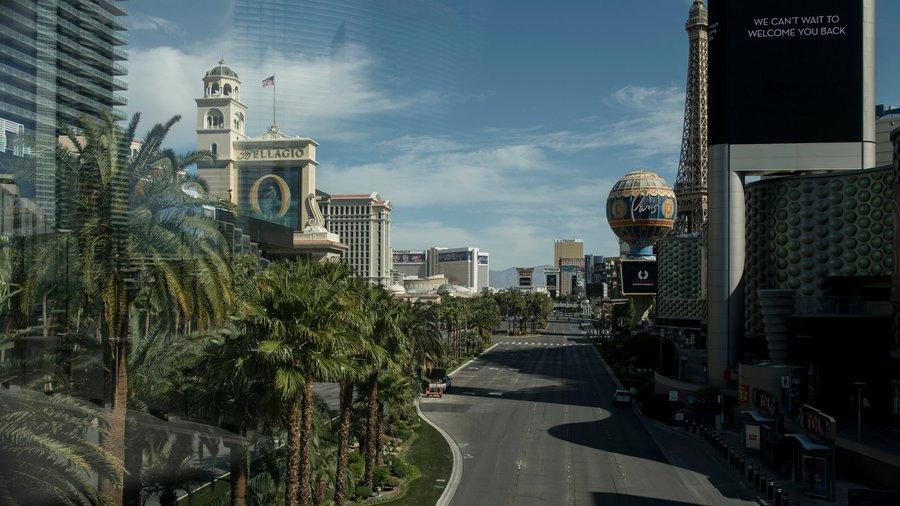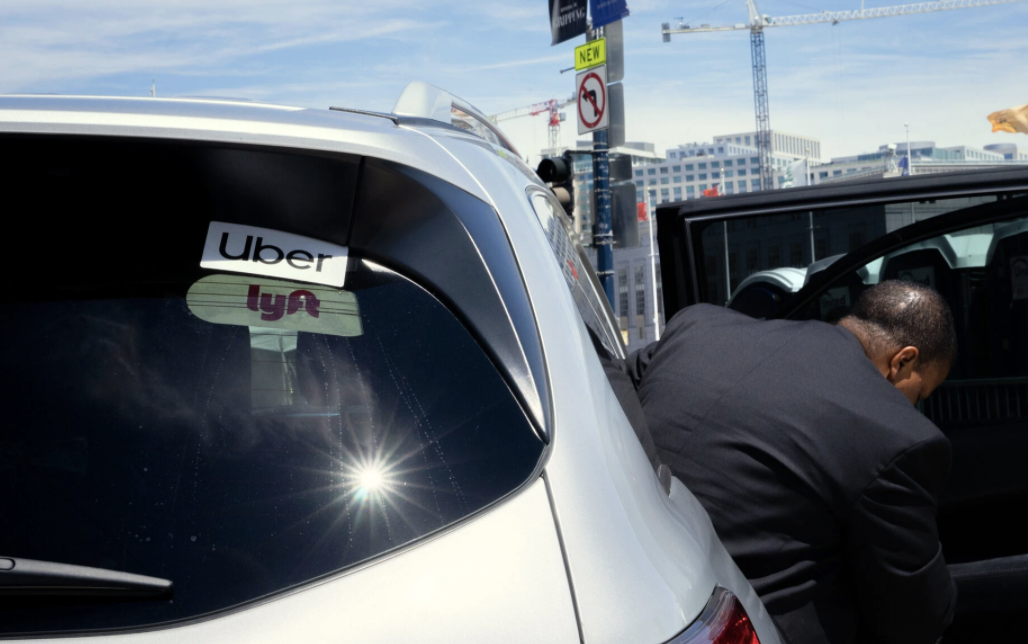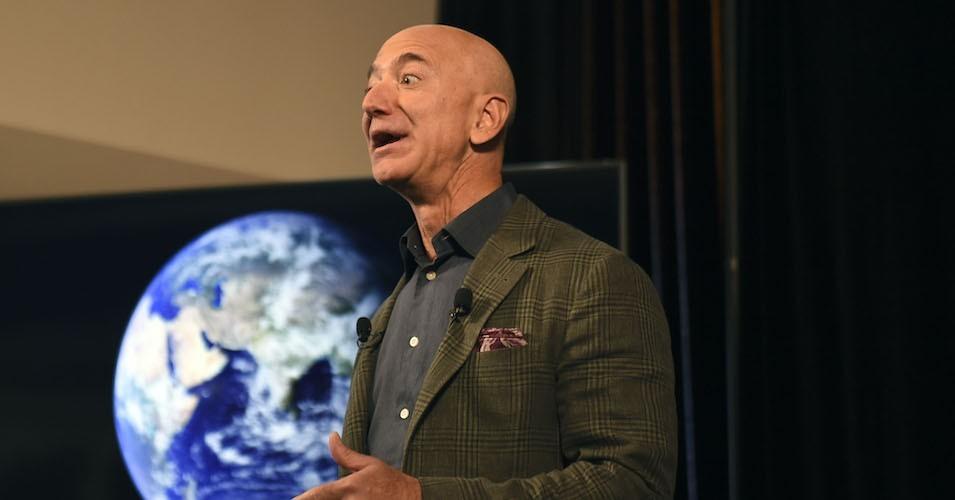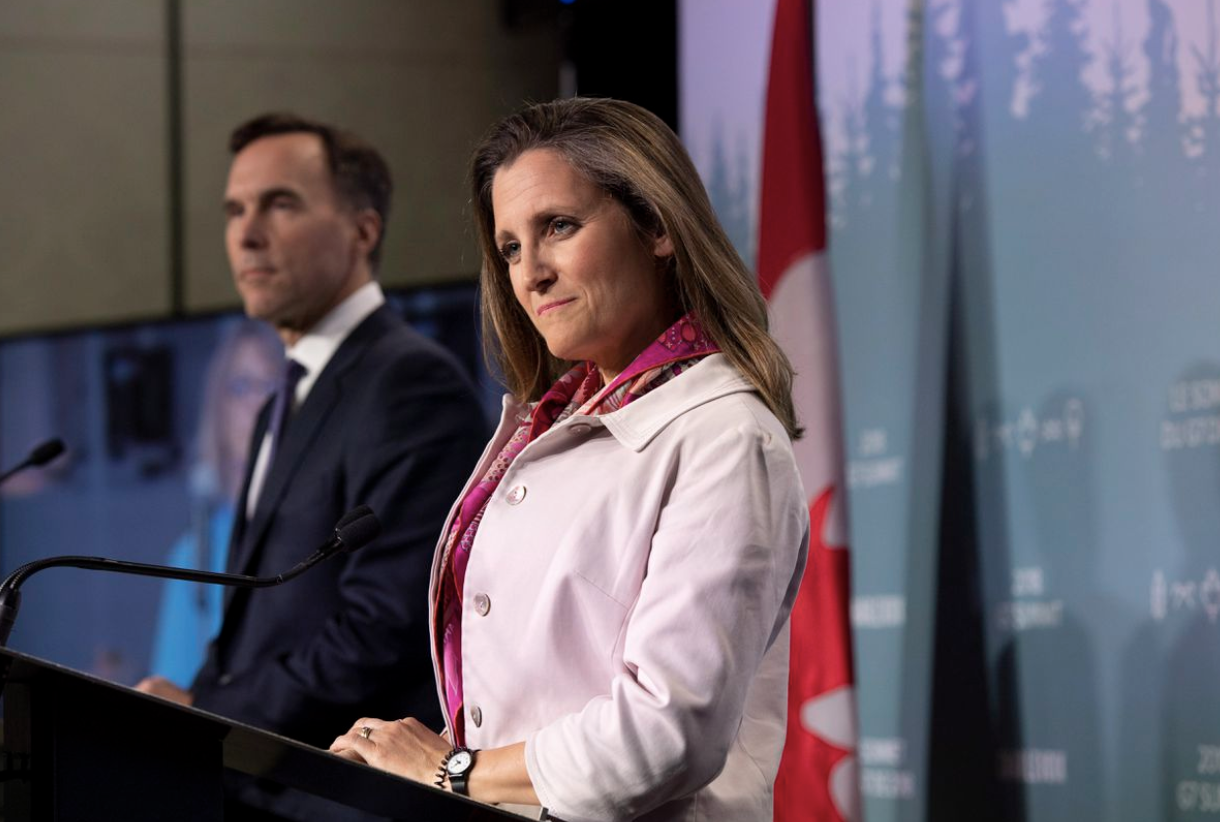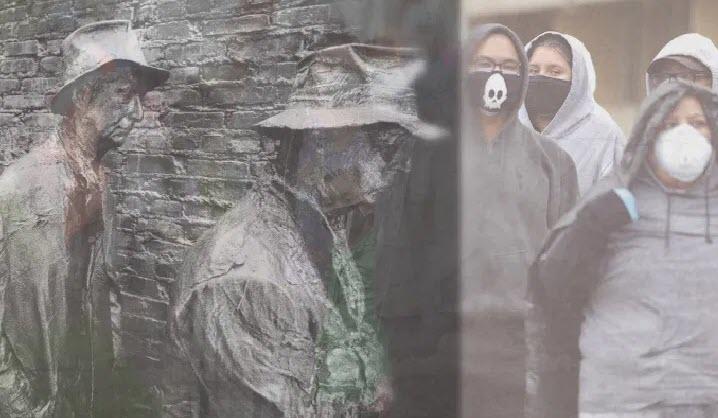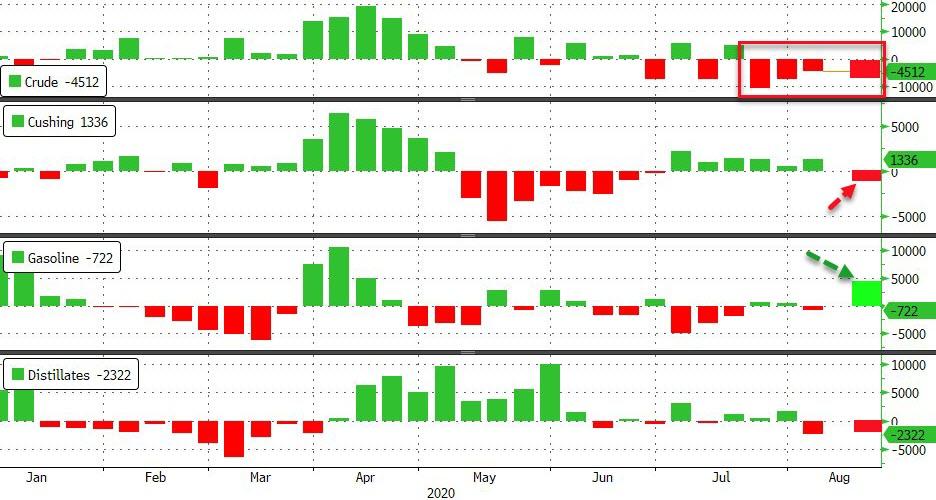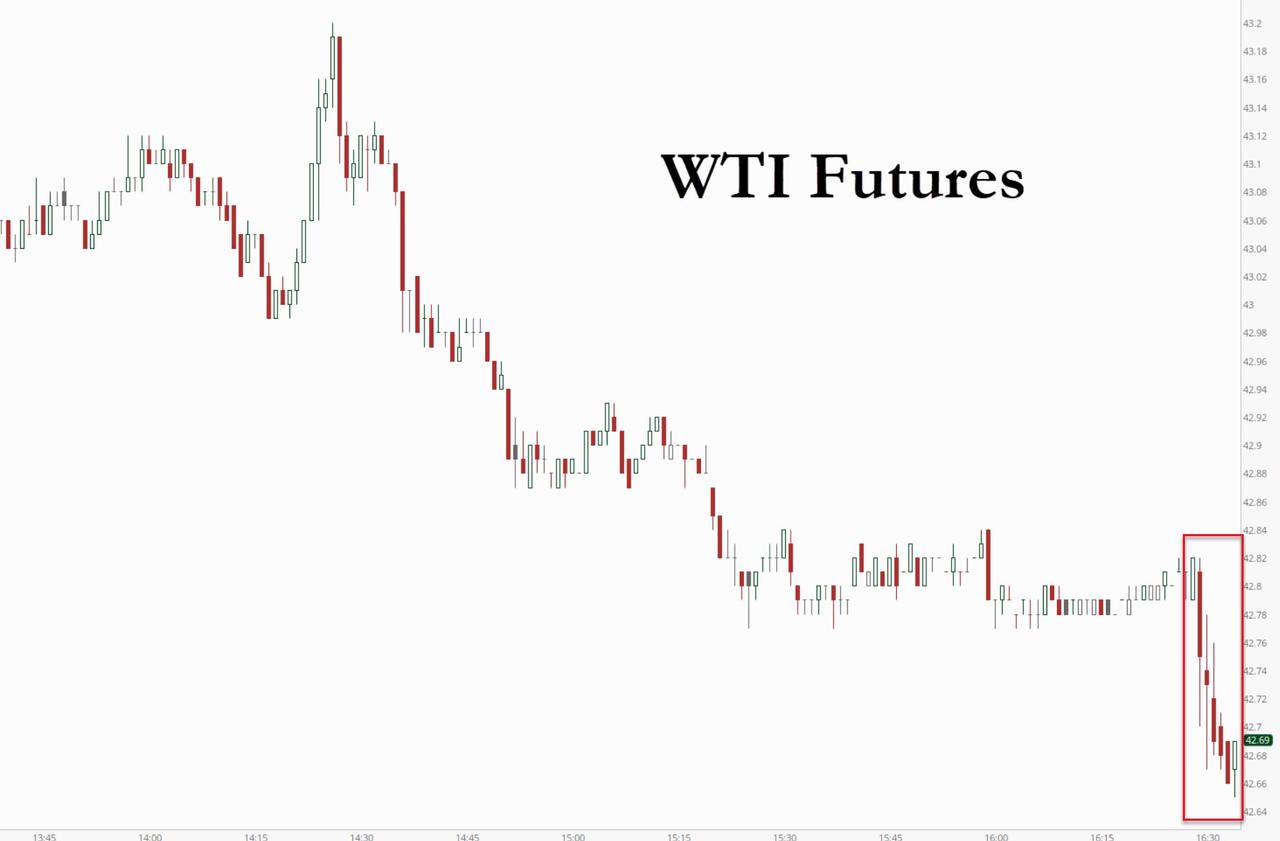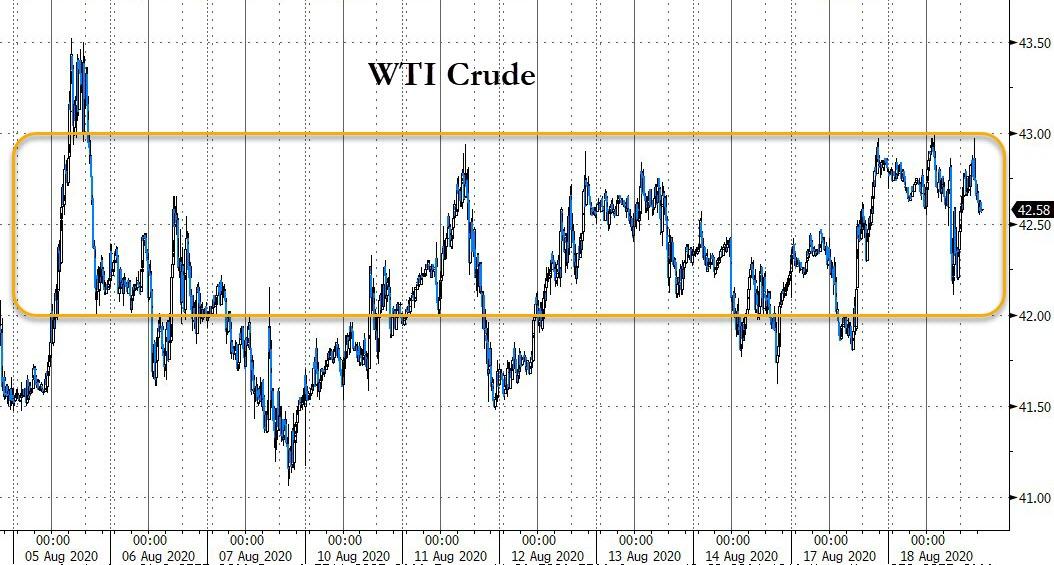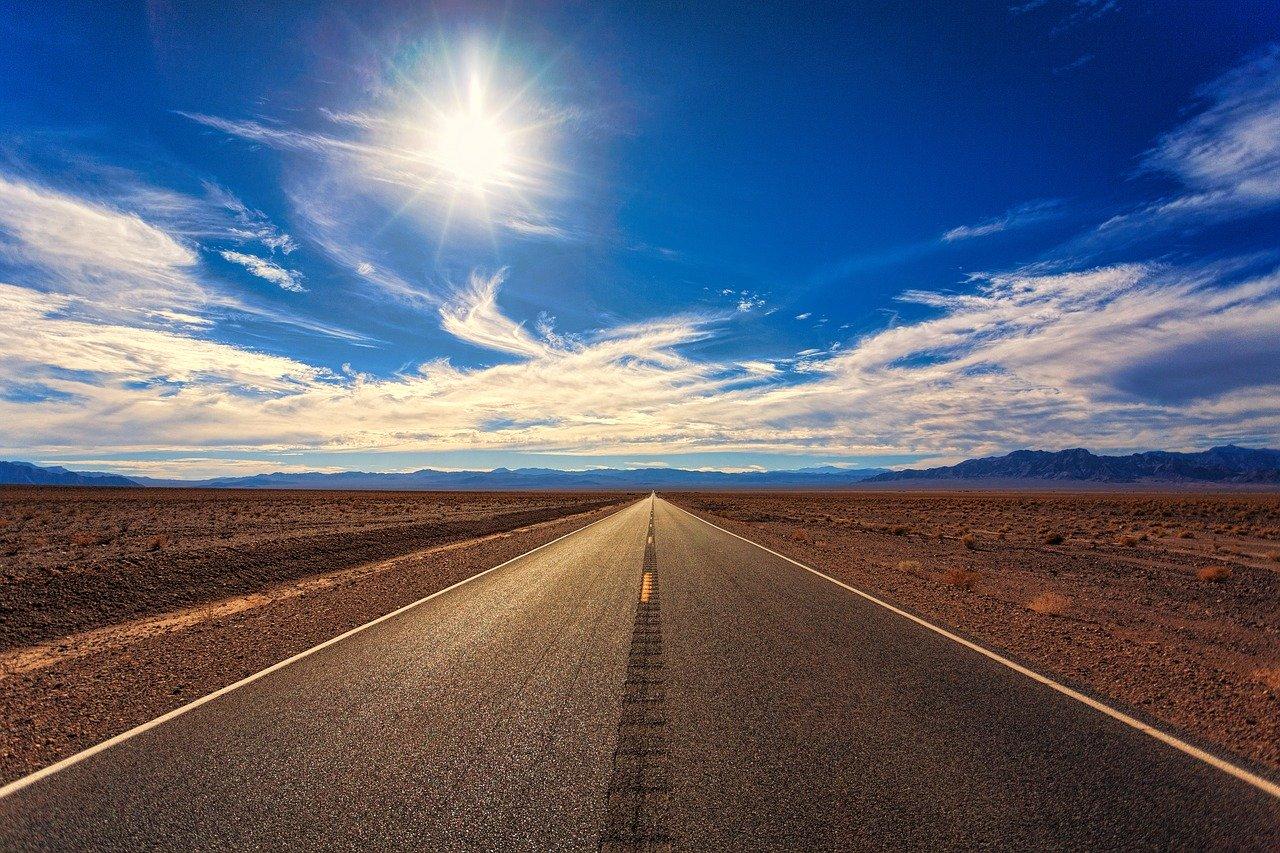They’re Angry, Not Stupid! Why Trump Is Likely To Win Again
Tyler Durden
Tue, 08/18/2020 – 19:05
Authored by Thomas Greene via Medium.com,
The Bronx of my childhood was a paradise. My street ran parallel to a section of the old Croton Aqueduct, by then long disused, which we kids called the Ackey. Along its banks grew trees and bushes and wild flowers forming a ribbon of thicket in which we played, and through which we “hiked.”
We were always in the street. We learned our games and rhymes by word of mouth, from older to younger. We chose our adventures and settled disputes among ourselves. We played stick ball and ringolevio and skully, red rover and stoop ball, and a deliciously sadistic variety of Johnny on a pony. We raced about on noisy cheap skates with metal wheels.
In this urban sanctuary I grew up safe, loved, happy, and unmistakably working class, yet somehow I slipped away. I was reared to become an ironworker or electrician, but I managed to pass through a posh New England liberal arts college and end up a tech journalist and author. I’ve worked unsupervised, chiefly from home, since the 1990s.
Most of my relatives and old neighborhood friends hate people like me. And I don’t blame them. Most are lifelong Democrats, yet they voted for Donald Trump, and will again, and I can’t blame them for that, either. Let me explain.
My career is the product of an economic revival engineered by the center-right New Democrats of the Clinton era and subsequent administrations. I’ve observed the tech industry for two decades; it’s a job, but it’s hardly work: I’m a nerd; I like science, technology, and medicine. Right now, I couldn’t be more comfortable in lockdown. Amazon supplies my dry goods while a friendly driver brings my groceries. My family and I are safe. No one comes near us without a mask. I control my environment; I choose the people in whose presence I’ll work, if any. I can smoke and drink on the job if I please. So long as I honor my deadlines and file clean copy, no one has anything to say about it. Tech’s been good to me.
But the guy I was expected to become walks beside me like an imaginary friend I never outgrew. I think about him often — daily, if I’m honest. He commutes by bus, encountering irresponsible louts who refuse to mask up. He worries about it, too. His wife, who had earned a second income, is at home supervising their kids. He lives by the lunch buzzer and the punch clock. If there’s music where he works, it’s amplified by cheap, overdriven speakers and the genre will suit him only by chance. The temperature and ambient noise and lighting were calibrated by industrial psychologists. He can’t evade disagreeable co-workers. He’s paid far less than a family wage, but he’s got no health coverage or pension. He endures daily uncertainty about his family’s needs. Why should he not hate me? I would hate me if I were him.
New and Improved
He and millions of others failed to thrive in the tech economy, but that was a feature, not a bug. Blue-collar Americans were never going to adapt, despite the assurances of New Economy cheerleaders, many of whom were in government. Factories closed and data centers opened. Dotcom outfits traded on nothing more than an online presence, which somehow made sense to us. The New Democrats exalted capital both tangible and intellectual, and devalued labor, as if they’d been old-school Establishment Republicans. They fawned over Bill Gates and Eric Schmidt, Steve Jobs and Larry Ellison, Michael Dell and Andy Grove the way one imagines Calvin Coolidge gushing about Rockefellers and Morgans, Vanderbilts and Astors.
A high-tech meritocracy would lead America in a better direction, and the need was urgent. The Old Economy was failing, undeniably. It was time to re-formulate it with a progressive veneer: no more dirty factories or pollution; NAFTA would ship that mess abroad. America would subsist on green energy, outsourcing, financial services, the sacrament of e-commerce, and high-tech gadgets: a middle-class Valhalla governed by upper-middle-class trustees from the best schools. There would be no need for troublesome relics like labor unions; the virtuous nature of technological progress would itself ensure quality jobs and dignity for workers. Plentiful consumer credit would replace the family wage and health-care benefits. Blue-collar America would suffer collateral damage, but too much was at stake; it would be a necessary sacrifice. And of course we’d be gentle; we were Democrats and nerds, after all.
Big Tech was hardly the sole disruptor, but the New Democrats fell for, and amplified, Silicon Valley’s specific flavor of empty promises wrapped in technobabble. “Delivering the ____ of the future,” they said. We got e-this and i-that and smart everything else. It had a wholesome ring and implied that Richard Feynman and Carl Sagan were finally in charge. The progressive, sciency veneer gave cover to other mega-rackets with less compelling legends, enabling them to fleece their workers and consumers too. Soon everyone was delivering the ____ of the future.
The Democratic Party divorced its industrial, unionized base and married its Silicon Valley mistress. It had once believed in collective bargaining. It had once believed that workers were an essential part of a healthy economy and worthy of respect. There was a time when a US president, like Harry Truman, might entertain a labor activist, like Walter Reuther, amiably in the Oval Office. But the Party had fallen hard for its tech darlings and began to dream of a meritocracy based on steadily-increasing knowledge, intelligence, and creativity that would lift us all toward self-realization as we bathed in the restorative glow of our screens. In other words, Democrats put their faith in social vaporware. Old-Economy workers would be “rehabilitated,” language implying that they might be more intellectually challenged than unlucky. “Euthanized” would be a more honest word. The former lower-middle and working classes would listen to two decades of meritocratic cant while their standards of living would fall steadily with no ground floor in sight. They were never a priority.
Promises, Promises
The candidate Barack Obama spoke to blue-collar America. He campaigned on change that would rejuvenate careers and restore dignity. Working Americans in the swing states doubted that Hillary Clinton even knew they existed. They saw Obama as a last hope and supported him enthusiastically in the 2008 primaries and later in the general election, but he soon proved to be a disappointment. He, too, fell in love with Silicon Valley and Wall Street and neglected the people who needed him most. And they punished him: he won fewer states in 2012 than he had in 2008. People like the alternate me felt cheated by a guy who rocked a Brooks Brothers suit and talked a great game, then gave the Tech and Finance sectors everything they wanted and more. Educated people from the best schools trusted Big Tech outfits because educated people from the best schools ran them. Elites imagine each other to be virtuous because they imagine themselves that way.
Wise and benevolent, surely; courtesy of Guillaume Paumier
Technology giants were understood not as hardy sprouts but would be treated instead with princess-and-the-pea levels of delicacy, thanks to a superstitious fear that it might all be brought to grief by, say, forcing companies with hundreds of billions in share value to tolerate an employees’ union, offer a minimum wage adequate for a decent life, or pay tax proportional to their reliance on public goods.
No one bears greater responsibility for the lack of empathy toward Old-Economy workers that led to Donald Trump’s victory than big-name Tech darlings and the New Democrats who coddled them, then openly ridiculed their own voter base: the people Hillary foolishly nicknamed “Deplorables;” that is, the millions of disappointed Obama voters who would happily have voted blue if they’d had confidence that the party would respect them, welcome them, and acknowledge their needs. But the New Economy is a gated community, shut firmly to them, whose most strenuous boosters have been the Clinton, Bush, and Obama Administrations. Old-school, working-class Democrats are unwelcome in the party they built. No one wants them tracking mud through the salon.
Donald Trump defeated Hillary Clinton in the swing states the same way Barack Obama had: by characterizing her as disdainful toward blue-collar Americans. It was a potent message among those who once had seen decent wages in return for honest work, lately reduced to Walmart greeters and Uber drivers. Humiliated by a labor market in which they had nothing to trade, the former working class understood that they also had nothing to lose. Liberal democracy and its supporting institutions shed their veneer of sanctity when dead-end employees can aspire only to dead-end management gigs. Call them “associates” and “technicians” all you want; they know who they’ve become and what others think of them. They are why Trump won in the swing states; he was propelled to victory by disillusioned Obama voters. They gleefully chanted “lock her up” not because they thought Hillary was an actual criminal, but because they knew what her election would bring them: four or eight more years of economic and social stagnation to top off the twenty they’d already been through.
Our Fiasco
They elected Donald once and they will try to again. He is scornful and vicious. He despises openly. He snarls and barks. He will make a pig’s breakfast of everything he touches, but here’s the thing everyone misses: educated elites will feel the hardship he causes more acutely than the millions of workers who have already adapted to pittance wages, dead-end careers, and chronic disrespect. They’ve endured two decades of it; they can cope. They’re betting that liberal snowflakes like me can’t.
Trump will not be defeated by educating voters, by exposing his many foibles and inadequacies. Highlighting what’s wrong with him is futile; his supporters didn’t elect him because they mistook him for a competent administrator or a decent man. They’re angry, not stupid. Trump is an agent of disruption — indeed, of revenge. Unfortunately, the coronavirus pandemic has positioned him as a tragic force-multiplier on a scale that few could have predicted, and the result is verging on catastrophic.
Still, that might not be enough to prevent his re-election. Workers now sense that economic justice – a condition in which labor and capital recognize and value each other – is permanently out of reach; the class war is over and it was an absolute rout: insatiable parasites control everything now, and even drain us gratuitously, as if exacting reparations for the money and effort they spent taming us. The economy itself, and the institutions protecting it, must be attacked, and actually crippled, to get the attention of the smug patricians in charge. Two decades of appealing to justice, proportion, and common decency have yielded nothing. I’d rather not see four more years of Donald, but I understand the impulse to use him as a cat’s paw.
Joe Biden is only moderately attractive to swing voters. He’s got longstanding ties to the financial and consumer-credit rackets, and many of his senior campaign people are former lobbyists, industry flacks, and banking alums. He’s a New Democrat at heart: too much like Hillary and too little like the Barack Obama we thought we were voting for in 2008. Elizabeth Warren and Bernie Sanders appeal to the Obama 2008 → Trump 2016 electorate, not Biden, and not the domesticated Obama of 2020 who will be campaigning for him.
I doubt that Obama can draw enough of his old swing voters back to the Democratic Party. They were his constituency once, but he let them go and now his transformation into a New Economy aristocrat is complete. He could even be a liability to Biden, who seems more down to earth than today’s Obama.
Let Them Eat Quinoa
The New Democratic Party and the flashy economic colossus controlling it are a seductive pair. We saw this as Obama spoke on 30 July 2020, eulogizing the late US Representative John Lewis. The former president and Colombia University and Harvard Law School graduate promised us that one day, “when we do finish that long journey toward freedom; when we do form a more perfect union — whether it’s years from now, or decades, or even if it takes another two centuries — John Lewis will be a founding father of that fuller, fairer, better America.” Thus did our first black president signal that he might condone two more centuries of racial and social injustice so long as the meritocracy continues to treat him and his family right.
He and other high-minded elites are thinking fine thoughts and beaming positive energy to ordinary Americans from the metaphorical gated community swaddling the rich, progressive class. No uniformed weasel will dare kneel on any of their necks, we can be certain. There will be no eviction notices, no local food pantries, no paltry unemployment checks for them. These people have no clue what’s going on in the workaday neighborhoods of American cities and in our towns and rural communities, and they’ll be pleased to keep it that way.
Courtesy of the Executive Office of the President
Why should the victims of the New Economy not despise the system, and the people tending it, so intensely that they would vote Republican again? Why would they not hope that Donald will cause so much damage that America will be forced to make a fresh start? For them, stability equals stagnation while chaos might bring opportunities.
Elections are decided in the swing states. We know how Massachusetts and Mississippi will vote. The battle will take place in Florida, Georgia, North Carolina, Virgina, Pennsylvania, Ohio, Michigan, Iowa, Wisconsin, and Colorado, and it will be decided by Obama-Trump voters. They haven’t forgotten that, during two decades’ time, Democrats exported their jobs and rewarded them with gigs. The question is, will their resentment overcome their reluctance? They might fear Donald’s destructive potential, but they’ll be inclined to vote for someone who has been wrecking the political and economic system that cut them down from working class to working poor with no hope of escape. Donald has a solid chance of winning.
For Democrats, the only path forward is behind: the Party must welcome, and actually represent, employees whose lives and labor and services are valued as essential contributions to society. The former working class won’t be satisfied until they see Bill and Hillary, Barack and Joe enact an auto-da-fé through the streets of Washington accompanied by a dreary huddle of bankers, VCs, bond traders, and Tech CEOs in quest of a genuine catharsis in which the pain of their guilt and self loathing swells and burns and finally grows so unbearable that they literally curse themselves and beg to be forgiven.
If candidates Biden and Harris, and the wider Democratic Party, fail to recognize and renounce the worst elements of the high-tech, financialized New Economy they’re in bondage to, and neglect to reach out to Obama-Trump swing voters with genuine understanding, compassion, and respect — not to mention actual, regulatory solutions — Donald might well be elected again, exactly as he was in 2016: by swing-state Democrats who have had enough.
via ZeroHedge News https://ift.tt/3kT4vLD Tyler Durden
